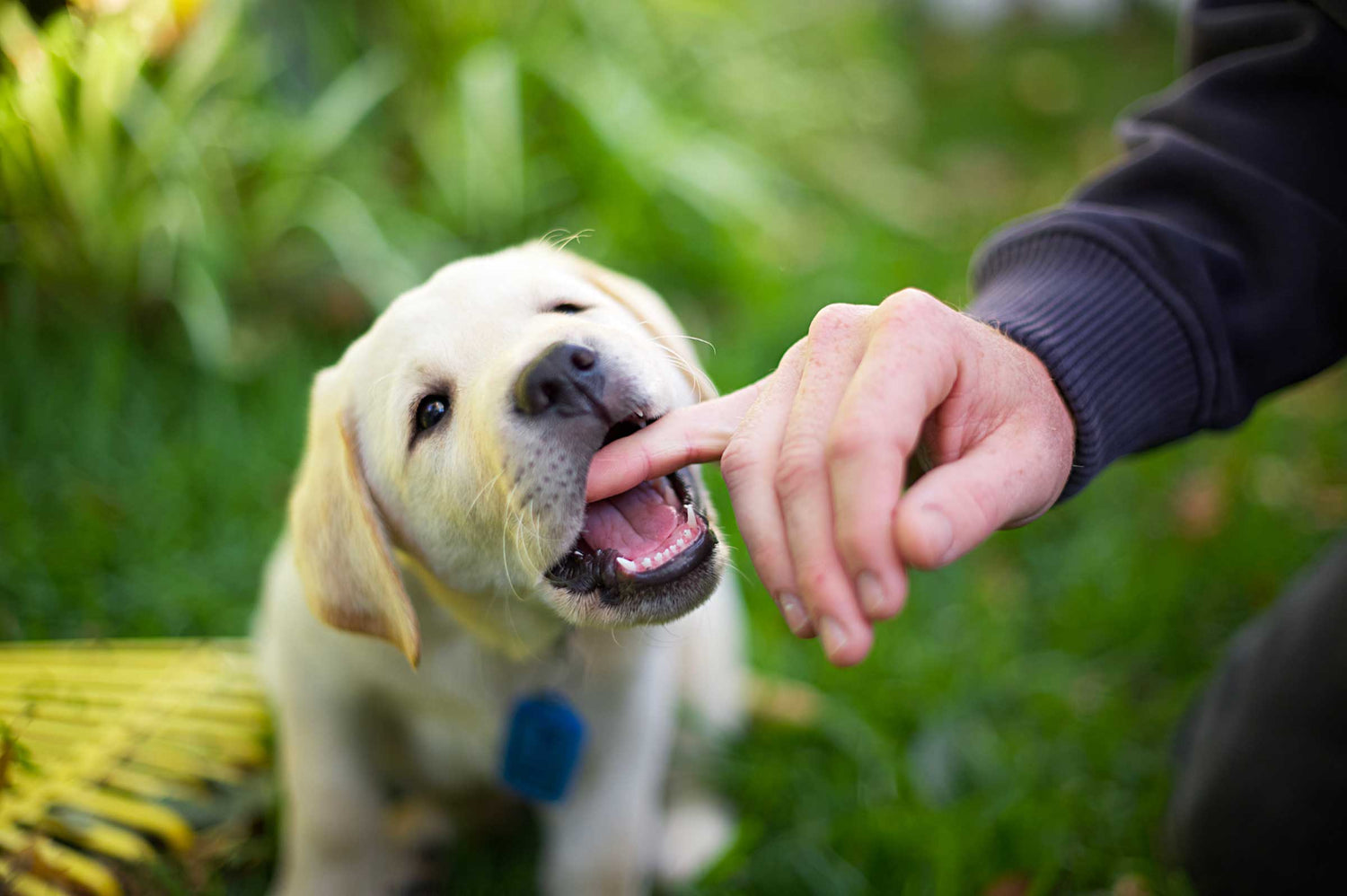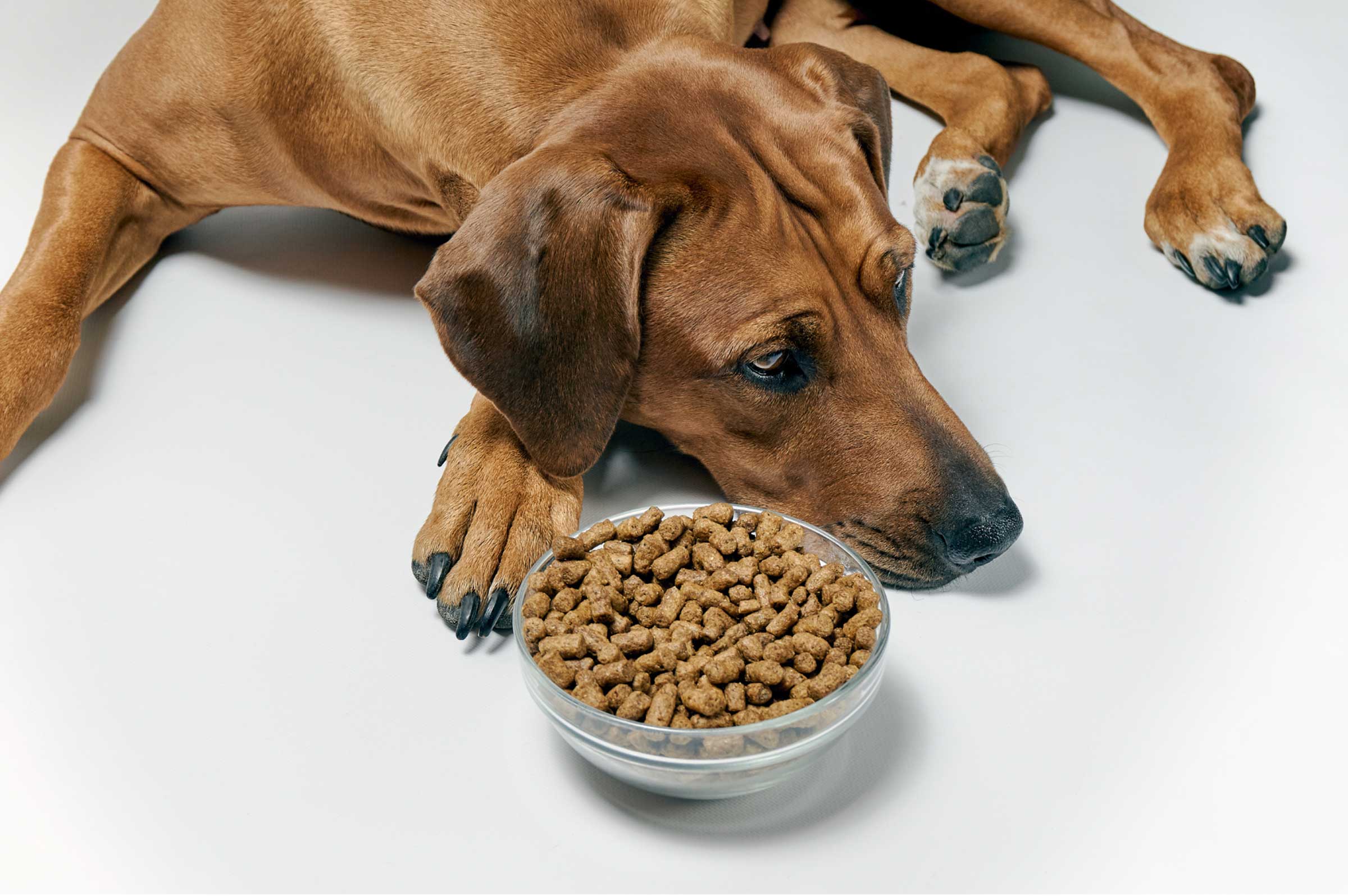Puppy biting is a natural part of their development and plays a crucial role in their learning and exploration. However, as puppies grow older, it's essential to curb this behavior to prevent future problems. Understanding why puppies bite can help you address the issue effectively.
Puppies often bite to explore their surroundings, relieve teething pain, or initiate play. While this behavior is normal, it's important to teach them appropriate ways to interact. Older puppies, around six months and above, may still bite out of habit or because they haven't been properly trained. Addressing this behavior requires patience, consistency, and the right techniques.
Teaching Bite Inhibition
One of the most effective ways to stop puppy biting is by teaching bite inhibition. Bite inhibition is a dog's ability to control the force of their bite. Puppies usually learn this from their littermates and mother. If a puppy bites too hard, the other puppy will yelp and stop playing, teaching the biter to be gentler.
You can replicate this learning process. When your puppy bites too hard, let out a high-pitched yelp and immediately stop interacting with them. Ignore your puppy for a short period, then resume play. This teaches your puppy that biting too hard ends playtime. Be consistent with this technique, and ensure all family members follow the same approach.
Redirecting Biting Behavior
Providing appropriate outlets for your puppy's biting urges is crucial. Puppies often bite out of boredom or excess energy, so ensuring they have enough physical and mental stimulation can reduce this behavior. Offer a variety of chew toys, and rotate them regularly to keep your puppy interested. Toys with different textures can also help soothe teething discomfort.
When your puppy starts to bite, redirect their attention to a chew toy. Praise and reward them when they choose the toy over your hands or feet. This positive reinforcement encourages them to chew on appropriate items instead of biting people.
Consistency and Patience
Training an older puppy to stop biting requires consistency and patience. It's important to establish clear boundaries and stick to them. Everyone in the household should use the same commands and techniques to avoid confusing the puppy. Mixed signals can slow down the training process and make it harder for your puppy to learn.
Remember, progress may be slow, and setbacks can occur. Stay patient and persistent, and celebrate small victories along the way. Reinforce good behavior with treats, praise, and affection to encourage your puppy to keep learning.
Socialization and Training Classes
Enrolling your puppy in socialization and training classes can be highly beneficial. These classes provide controlled environments where puppies can learn appropriate behaviors from other dogs and experienced trainers. Socialization helps puppies understand how to interact with other dogs and people, reducing the likelihood of biting out of fear or aggression.
Training classes also teach essential commands such as "sit," "stay," and "leave it," which can help manage your puppy's behavior. A well-trained puppy is less likely to bite and more likely to follow your guidance.
Seeking Professional Help
If your puppy's biting behavior persists despite your best efforts, seeking professional help from a veterinarian or a certified dog trainer may be necessary. Persistent biting can sometimes indicate underlying issues such as anxiety, fear, or medical problems. A professional can assess your puppy's behavior and provide tailored advice and training techniques to address the issue effectively.
Building a Strong Bond
Finally, building a strong bond with your puppy is essential for successful training. Spend quality time with your puppy, engage in play, and offer plenty of positive reinforcement. A strong bond fosters trust and respect, making it easier for your puppy to understand and follow your guidance.
Conclusion
By understanding your puppy's behavior, teaching bite inhibition, providing appropriate outlets, and remaining consistent and patient, you can effectively stop older puppies from biting. With dedication and love, your puppy will learn to interact with you and others in a gentle and respectful manner. And remember to keep your pup healthy with our VetSmart Formulas veterinarian strength supplements!











